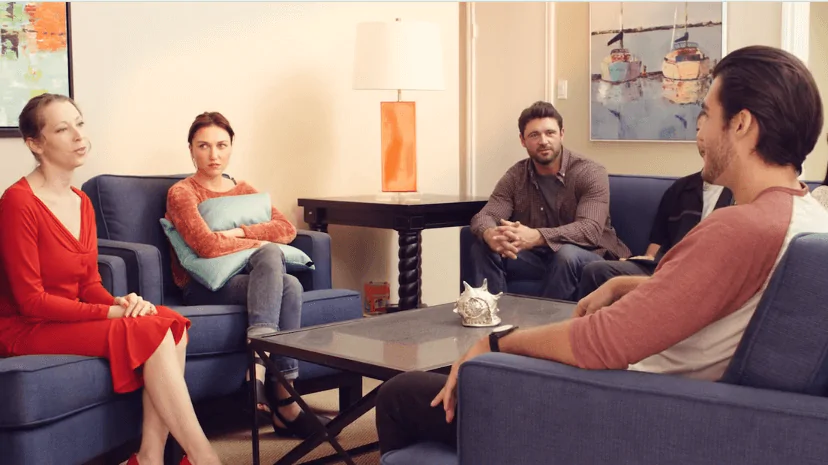centers play a crucial role in combating the significant drug and alcohol addiction problems in Gilliam, Oregon. Located in the picturesque Columbia River Gorge, Gilliam County is characterized by its vast natural landscapes and rural charm. While the small community offers serene living and beautiful surroundings, it faces challenges related to substance abuse that cannot be overlooked. With a population that hovers around 1,900 residents, the community's small size amplifies the impact of addiction woes, affecting families and the social fabric of the area. Drug addiction in Gilliam, Oregon, has become a concerning issue, with many individuals struggling with substance use disorders, leaving them in dire need of support and recovery options. Alcohol addiction has likewise surfaced as a prevalent issue, leading to health risks, impaired family dynamics, and reduced quality of life. The importance of rehab centers in Gilliam cannot be understated. These facilities provide vital services and structured environments that assist individuals in overcoming addiction, ultimately leading to healthier lifestyles and reintegration into the community. The history of Gilliam dates back to its establishment in 1885, where it originally thrived on agriculture and the bustling transport of goods facilitated by the Columbia River. While the historical significance of Gilliam County remains notable, the current fight against addiction has emerged as a pivotal chapter in its ongoing story. With a range of therapies, counseling, and support available in local rehab centers, residents have access to the necessary tools to break free from the chains of addiction. The path to recovery is not easy, but the resources offered by rehab centers are essential for those in need, ensuring that the community continues to thrive in a healthier, addiction-free future. Understanding the severity of drug and alcohol addiction in Gilliam, Oregon, and recognizing the pivotal role that addiction treatment plays can pave the way for hopeful recovery stories that once seemed impossible.Addiction treatment, drug and alcohol rehab centers are also available in
GilliamLearn more about























































